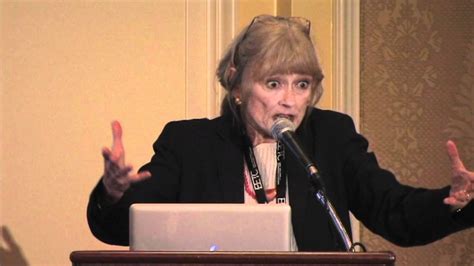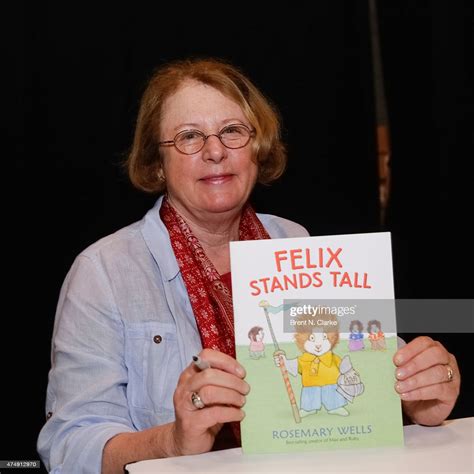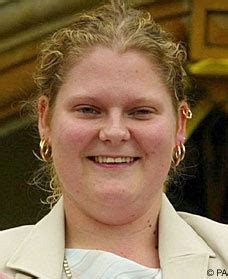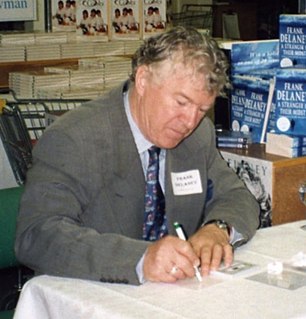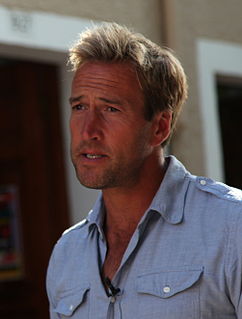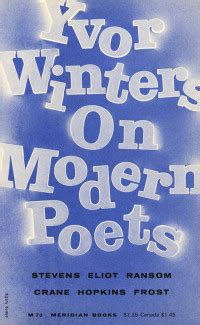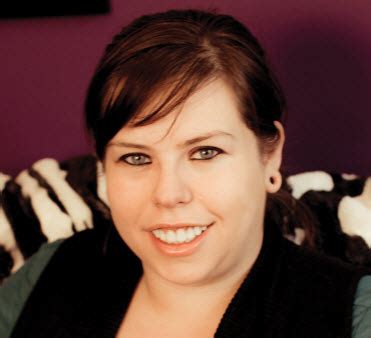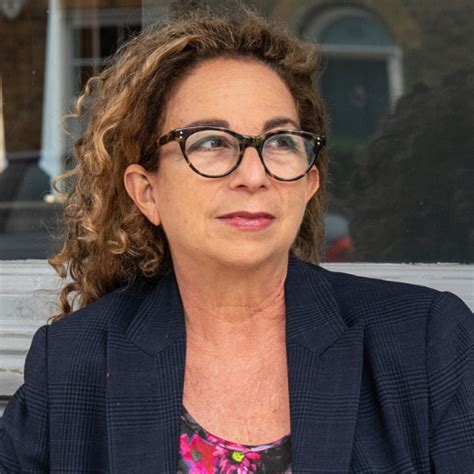Top 1200 Reading Aloud Quotes & Sayings
Explore popular Reading Aloud quotes.
Last updated on April 14, 2025.
No player in the NBA was born wanting to play basketball. The desire to play ball or to read must be planted. The last 25 years of research show that reading aloud to a child is the oldest, cheapest and must successful method of instilling that desire. Shooting baskets with a child creates a basketball player; reading to a child creates a reader.
We have an obligation to read aloud to our children. To read them things they enjoy. To read to them stories we are already tired of. To do the voices, to make it interesting, and not to stop reading to them just because they learn to read to themselves. Use reading-aloud time as bonding time, as time when no phones are being checked, when the distractions of the world are put aside.
Unlike most readers in Antiquity who read their books aloud, we have developed the convention of reading silently. This lets us read more widely but often less well, especially when what we are reading-such as the plays of Shakespeare and Holy Scripture-is a body of oral material that has been, almost but not quite accidentally, captured in a book like a fly in amber.
My son and I discovered Terry Pratchett's books together, when he was about eleven years old. He'd be reading on his own and would start to laugh, and then eagerly read the passage aloud to me--and I'd do the same to him! Pratchett's books became a shared source of delight for us back then, and they still are today.
If every parent understood the huge educational benefits and intense happiness brought about by reading aloud to their children, and if every parent- and every adult caring for a child-read aloud a minimum of three stories a day to the children in our lives, we could probably wipe out illiteracy within one generation.
If we are always reading aloud something that is more difficult than children can read themselves then when they come to that book later, or books like that, they will be able to read them - which is why even a fifth grade teacher, even a tenth grade teacher, should still be reading to children aloud. There is always something that is too intractable for kids to read on their own.
I just know from experience that reading a funny poem aloud, especially at the beginning of a public reading, can have a certain effect. Somehow narrowing the spectrum of possible emotional reactions. So while I like it when people laugh at my poems, and I definitely enjoy being funny in them, I don't really think that's the most important thing that's going on, at least not to me.
Meaning can be usually be approximated, but often by sacrificing style. When I review my translations into Spanish, that's what I'm most concerned with, reading the sentences aloud in Spanish to make sure they sound the way I want them to. To be honest, I much prefer being translated into Greek or Japanese; in those cases, you have no way of being involved, and no pressure.
Sometimes when reading aloud to my husband, I'll start crying. It completely stuns me. As if the words in my body and on the page - in relation to each other - are cocooned against my own feelings about what I'm writing until they're loosed in the air and become their own. Then I realize what I may or may not have done.

